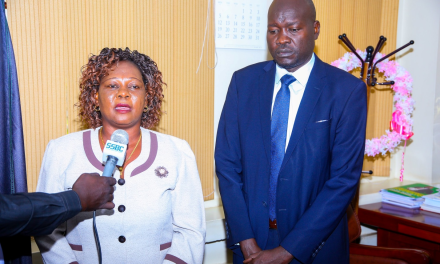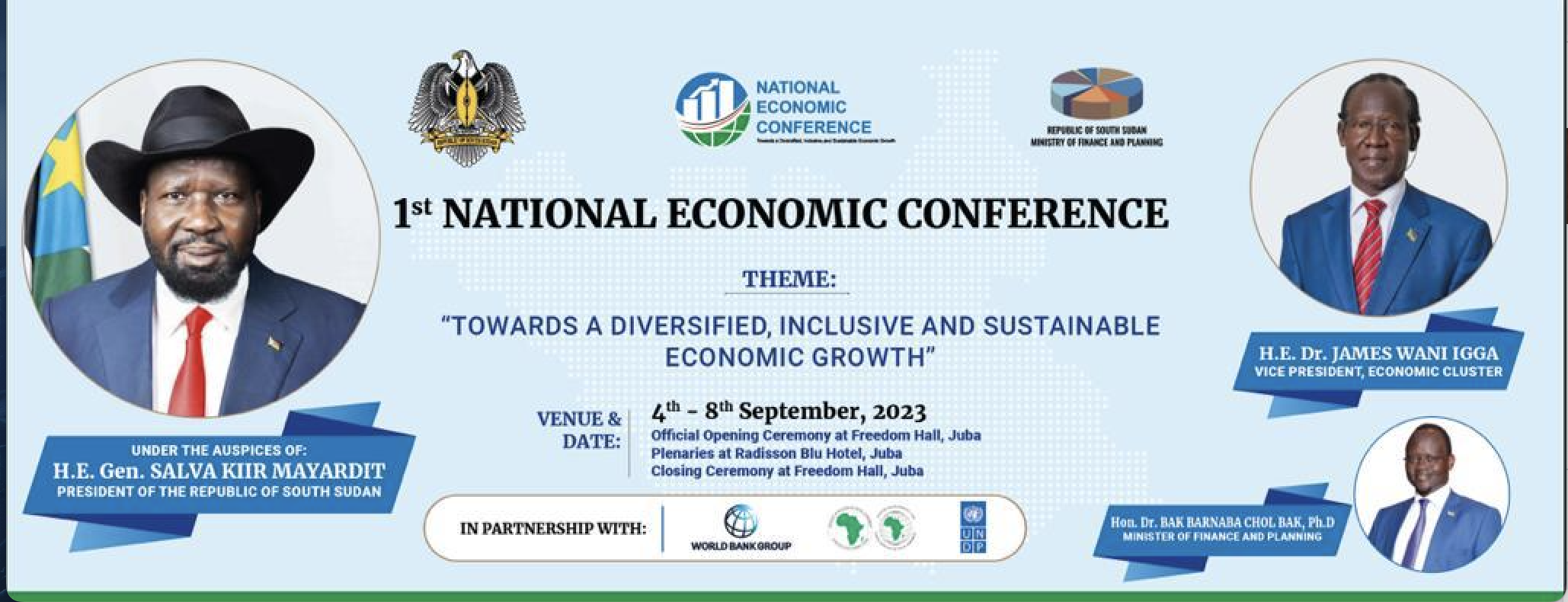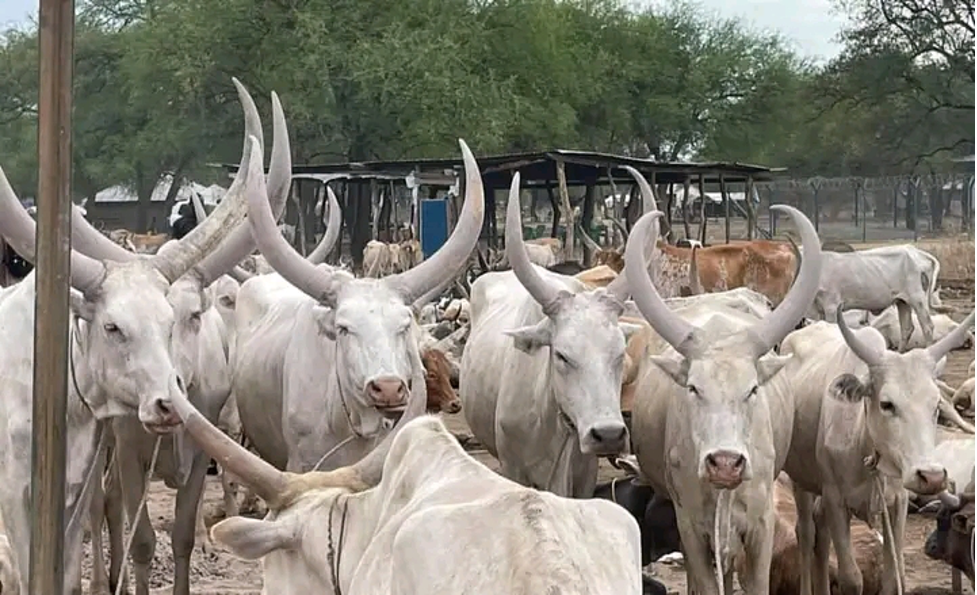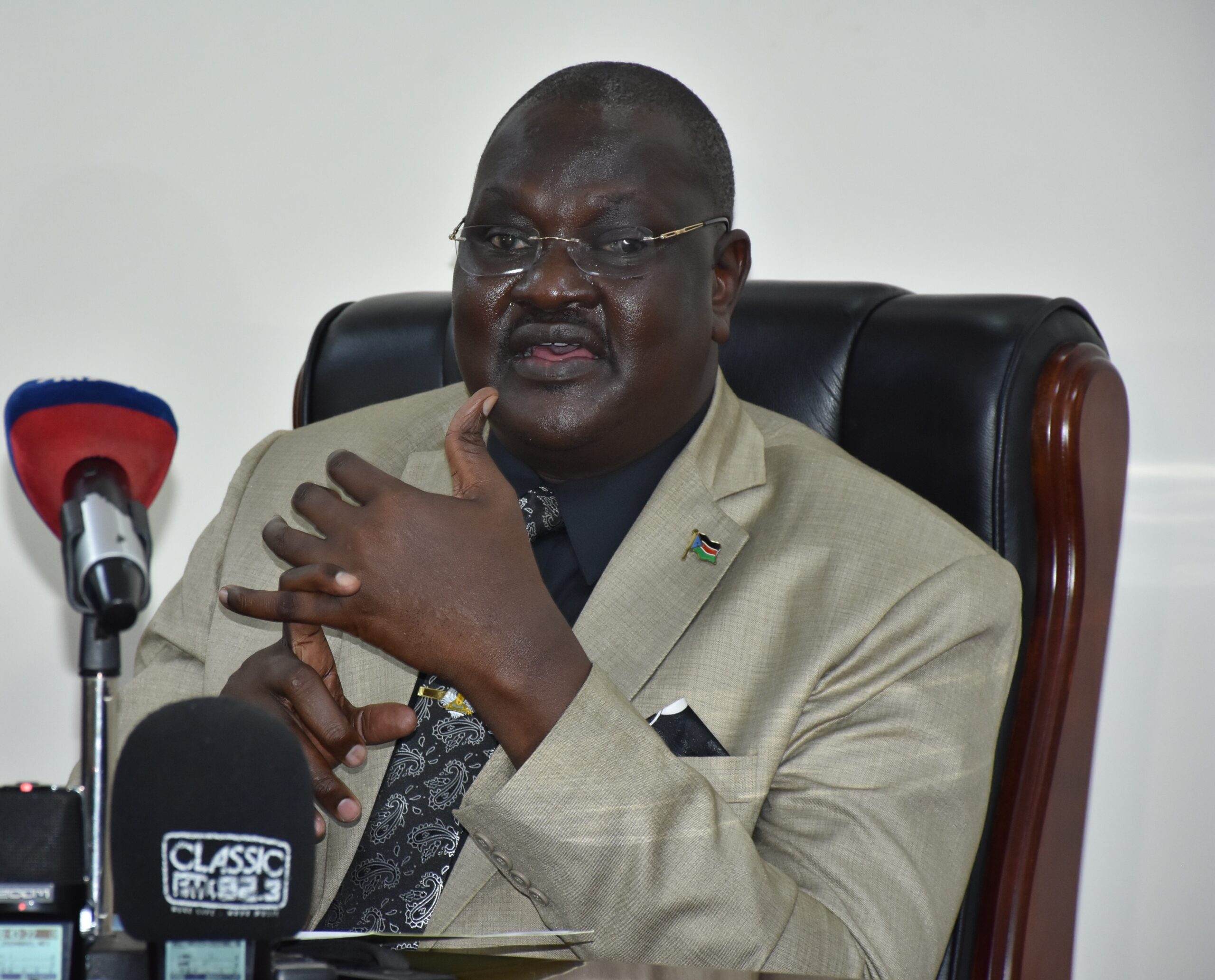
Hunger hits returnees in Mangateen amid lack of government support

Hundreds of returnees resettled in Mangateen internally displaced camp in Juba, are sleeping on empty stomachs due to neglect by authorities who resettled them after they had transported from Renk and other places near the border with Sudan.
Nyijal Koang, a 35-year-old mother of four, says the little food rations provided by a South Sudanese international model, Shannela Nyasiase to them are not enough to feed them.
“We are now in a bad situation, we all fled conflict in Sudan with empty hands, we have safely reached home but we continue to face hunger, we have no support,” Koang told The Juba Echo last week.
Nyasiase donated on Friday 20 bags of maize flour, two cartons of washing soap and a carton of biscuits to the returnees, but Koang says the ration her family received cannot take her for the next three days.
“When we reached here, we found the living conditions deteriorating, our children lack food and we have not yet received any help. We want the government to see our condition,” she says.
Koang arrived in Juba through Renk, a key transit point for those fleeing ongoing fighting between the Sudan Armed Forces and the paramilitary Rapid Support Forces.
Mary Nyikola, a 30-year-old mother of five, says hunger is the major problem facing returnees in South Sudan.
“We lack food, clean drinking water and there are no health centers within Mangateen camp, we have nowhere to go, there is no food and children have no shelter,” Nyikola says.
The fighting in Sudan that erupted on April 15 has displaced over 3 million people, with some 750,000 seeking shelter from the conflict in neighboring countries, of whom more than 190,000 have arrived in South Sudan.
In South Sudan, the government and aid agencies urgently need to provide support to vulnerable women, men, boys, and girls, including those affected by the crisis in Sudan amid severely stretched supplies.





































